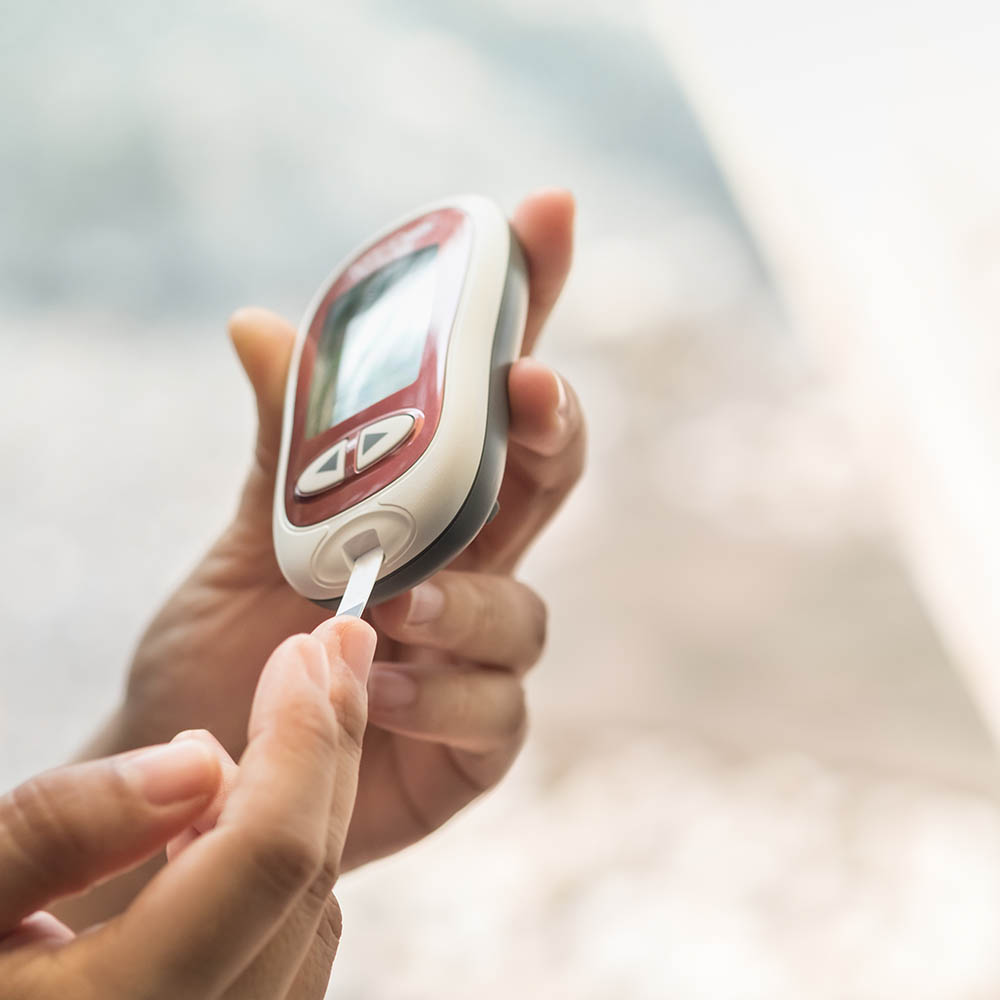Annual Report 2018/19
2Driving Down Costs

Innovations that we identify and support at the Health Innovation Network (HIN) have the potential to save money, release clinical staff time, and respond to local needs. Through the wide range of projects across our clinical and innovation themes we are helping our members to drive down the costs in health and care.
Harnessing technology to improve care for people at risk of heart attack
As part of the Innovation and Technology Payment Programme (ITP), HIN is supporting the spread and adoption of HeartFlow, an innovation using cutting edge technology that is estimated could save £17 million for England by reducing the number of people receiving costly and invasive procedures when they are at risk of heart attacks. This not only saves on the need of angiograms (where typically over half of patients who undergo the procedure are found to have no obstructive disease) but delivers a faster diagnosis and reduces the need for multiple outpatient visits for further testing, freeing up vital resource. One NHS Trust in south London has already prevented 55 invasive angiograms taking place as a result of using the technology.


Self-management of diabetes avoids costly complications
Health care related to diabetes accounts for almost 10 percent of the entire NHS budget. Diabetes UK estimates that the NHS is already spending around £10 billion a year on diabetes. This is mainly due to complications such as amputations, blindness, kidney failure and strokes. However, evidence indicates that people who attend diabetes education courses are better at self-managing their condition and have improved outcomes, reducing the onset of complications which are costly to treat. In 2018, the HIN launched Book & Learn a new digital innovation to widen access to approved patient education courses that improve self-management.
Innovations that the HIN works with are not exclusively new products or technology. We’re often innovating with clinicians and others to redesign existing health care pathways and make other changes to the way care is delivered.
Joint Pain Advice moves into the work place to further reduce MSK costs to the NHS
Musculoskeletal (MSK) conditions account for the third largest area of NHS programme spending at £4.7 billion in 2013-14 (NHS England, 2015). People living with MSK conditions are frequent users of primary, secondary and community based health services, and of social services; the hospital costs of hip fracture alone are estimated at £1.1 billion per year in the UK. Helping people living with musculoskeletal conditions better self-manage is a safe and cost-effective alternative to GP consultation. The HIN has been supported by the Department of Work and Pensions to work with employers to improve the support and advice that they give to employees regarding their chronic joint pain, with the aim of getting more people back to work sooner.
